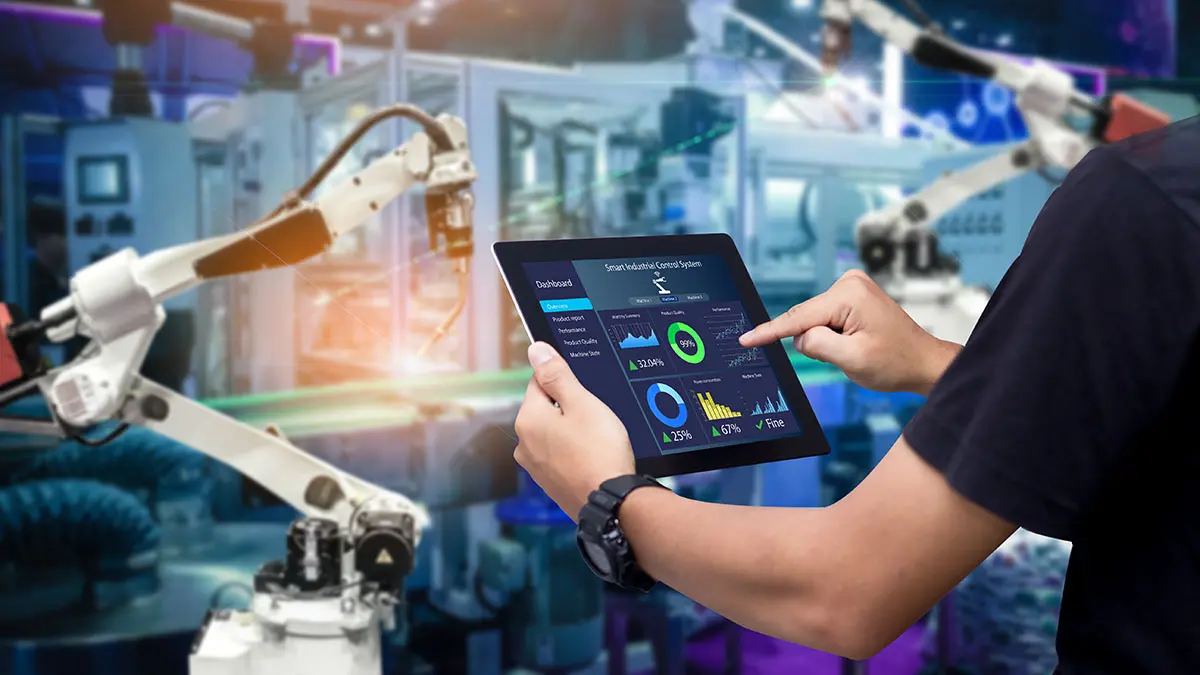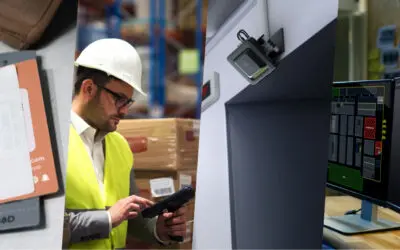The supply chain is an important part of our global economy and as you can see from our current state of affairs, if there are any disruptions along the way, it can cause major delays in the delivery of your goods to your consumers.
The key to survival in these unprecedented times is to find new innovative ways to use technology like AI and the Internet of Things (IoT) to help you operate more efficiently and accurately. But first, let’s take a crash course into the key steps of the supply chain.
The 5 Key Steps in a Supply Chain
When filtered down to the most common concepts, there are 5 key steps in a supply chain.
- Planning – To plan the collection of all resources required to produce the products you’re providing.
- Sourcing – Identifying vendors that can provide the raw materials and parts needed to create your products.
- Production – Producing, manufacturing or assembling your products using the materials and parts you’ve sourced.
- Delivery – Providing your finished product to your end-users or consumers.
- Returns – Also known as reverse logistics, the process you take to accept low quality, defective, expired or excessive products from your end-users or consumers.
Throughout these steps, you can leverage certain technology like AI and IoT to make the process work better by ensuring these processes are efficient and accurate:
- The physical movement of raw materials, parts and finished products from one location to another.
- The safe storage of materials, parts and products until they’re needed.
- Inventory tracking and management.
How IoT Helps Your Supply Chain
By integrating mobile computing, analytics and cloud services, all of which are powered by IoT, into your supply chain, you can optimize it to be more efficient and accurate.
Asset tracking helps you track and manage your raw materials, parts and finished products through multiple stages of the supply chain. From Sourcing through Delivery and back again with Returns, asset tracking gives you critical insight into your supply chain that helps you make better decisions.
- Supply Chain Management – Track your assets through the entire supply chain operation and create more efficient processes that save time and money.
- Inventory & Warehouse Management – Locate assets quickly and maintain an accurate count so you know what you have at all times.
- Fleet Management – Log vehicles into your system when they dock at your warehouse or distribution center or track assets on the trucks when they’re out for delivery.
Solving Supply Chain Management Challenges with RFID
At MSM Solutions, we use RFID technology to solve the challenges that come with supply chain management.
With dependable and robust RFID technology like tags, labels, fixed readers, handheld readers, RFID antennas and portals, we help you track your assets along every step of the supply chain.
Regardless if it’s the raw materials or parts you need to manufacture your and finished products, the finished product itself, or the crates, sleds or vehicles used to transport it from one location to another, you’ll have the insight you need to know exactly what you have, how many there are and where they’re located.
Stay connected to your assets throughout the supply chain process and easily access them through PortalTrack, MSM Solution’s customizable software solution. Through an innovative approach to supply chain management, you’ll be able to identify, track, count, and manage your inventory and assets accurately and efficiently with minimal human interaction in competitive industries like:
- Automotive
- Retail
- Healthcare
- Manufacturing
- Warehousing
- Logistics
Improve your operational efficiency, improve your delivery speed and track your assets more accurately with RFID technology from MSM Solutions. To learn more about how we can help you improve your supply chain management, click here to connect.



